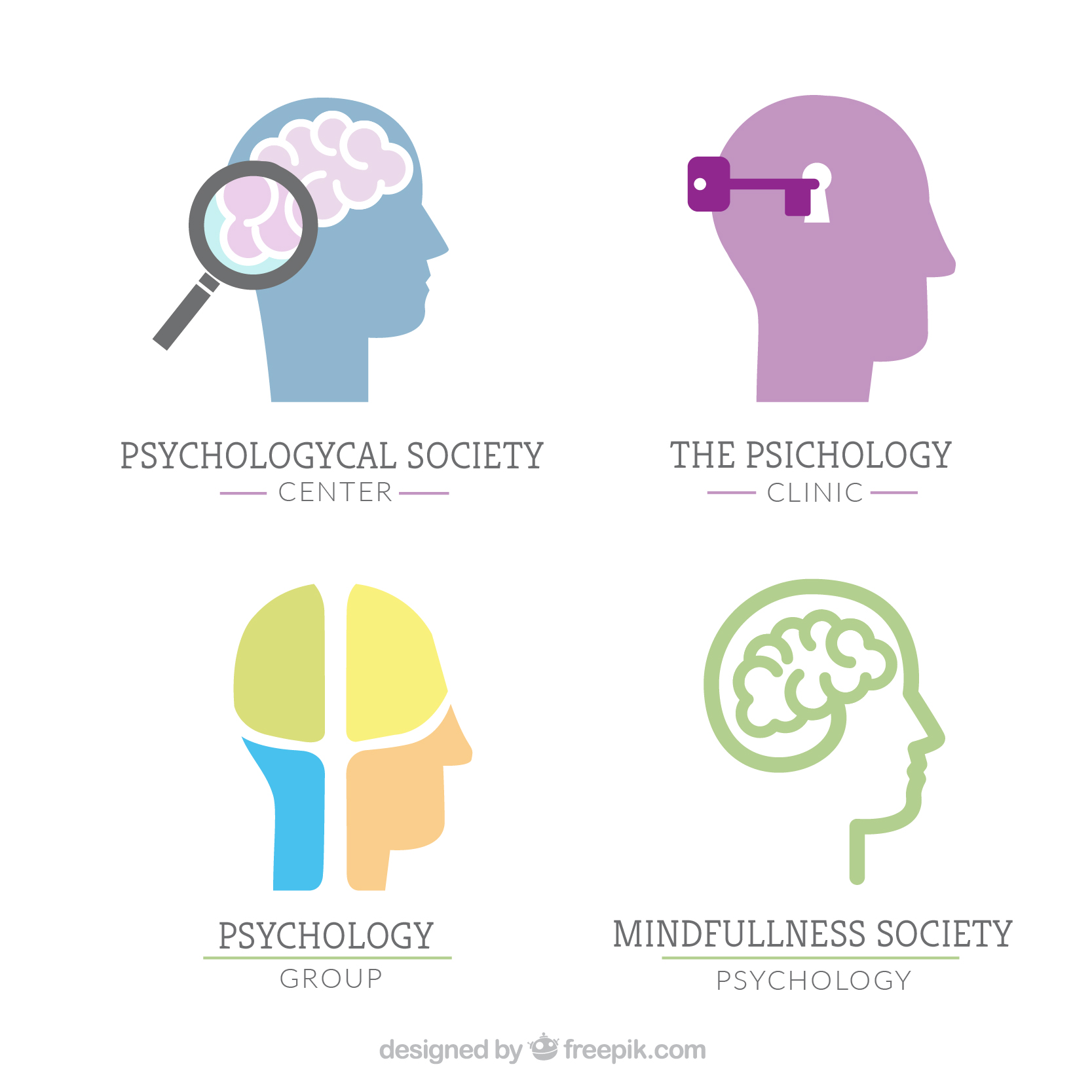The Psychology Behind Effective Marketing Design: Understanding Consumer Behavior

Marketing design plays a crucial role in the success of any marketing campaign. It’s what captures the attention of your target audience and encourages them to take action, whether that’s making a purchase or engaging with your brand in some other way. To be truly effective, marketing design needs to tap into the emotions and motivations of your target audience. In this blog post, we’ll explore the psychology behind effective marketing design and how you can use this knowledge to create designs that resonate with your target audience.
Understanding consumer behavior is key to effective marketing design. Consumers make decisions based on emotions, not logic. A well-designed marketing campaign that speaks to the emotions of your target audience is more likely to be successful than one that focuses solely on the features and benefits of a product. By understanding the psychology behind consumer behavior, you can create designs that resonate with your target audience and drive the desired action.
One of the key principles of psychology is that people are naturally drawn to things that are aesthetically pleasing. In marketing design, this means that incorporating visually appealing elements into your designs can help grab the attention of your target audience and encourage them to engage with your brand. This can be achieved through the use of color, typography, imagery, and other design elements.
Another important aspect of the psychology of marketing design is that people are influenced by the opinions of others. Social proof, or the idea that people are more likely to do something if they believe others are doing it, is a powerful motivator. For example, if a product has a large number of positive reviews, it is more likely to be seen as desirable and attract more customers. Including customer reviews and testimonials in your marketing designs can help tap into this principle and drive sales.
In addition to social proof, the principle of reciprocity is also important in marketing design. This principle states that people feel a sense of obligation to return a favor or gift. In marketing terms, this means that by giving something of value to your target audience, you are more likely to get something in return. This can be achieved through the use of free trials, discounts, or other incentives that encourage customers to take action.
Another important psychological principle in marketing design is the principle of authority. This principle states that people are more likely to do something if they believe it is being recommended by someone in a position of authority. For example, if a product is endorsed by a celebrity or expert in the field, it is more likely to be seen as trustworthy and desirable. Including endorsements and expert recommendations in your marketing designs can help tap into this principle and drive sales.
The principle of scarcity is also important in marketing design. This principle states that people are more likely to take action if they believe something is in limited supply or only available for a limited time. This can be achieved through the use of limited-time offers, flash sales, or other promotions that create a sense of urgency.
Finally, the principle of commitment and consistency is also important in marketing design. This principle states that people are more likely to take action if they have made a commitment to do so, even if that commitment is small. For example, if a customer has signed up for a newsletter or free trial, they are more likely to take further action, such as making a purchase. Including calls to action in your marketing designs that encourage customers to make a small commitment can help tap into this principle and drive sales.
By understanding the psychology behind effective marketing design, you can create designs that resonate with your target audience and drive the desired action. Whether you are looking to increase sales, build brand recognition, or improve customer engagement, incorporating the principles of psychology into your marketing designs can help you achieve your goals.
In conclusion, the psychology of effective marketing design is all about understanding what drives consumer behavior and tapping into emotions and motivations to create designs that resonate with your target audience. Whether you are using social proof, reciprocity, authority, scarcity, commitment and consistency, or any other psychological principle, it’s important to understand how each one works and how you can use them to your advantage.
Remember, the ultimate goal of marketing design is to create a connection with your target audience and encourage them to take action. By incorporating the principles of psychology into your designs, you can create a marketing campaign that is not only aesthetically pleasing, but also effective in achieving your desired outcome.
So, the next time you are creating a marketing campaign, keep the psychology of effective marketing design in mind. By understanding what drives consumer behavior, you can create designs that truly resonate with your target audience and maximize your ROI.
--------------------------------------
ZapMyWork.com is your one-stop shop for all your freelance needs. We are an online marketplace that connects clients with skilled and talented freelancers from around the world. One of the things that sets us apart from other freelance marketplaces is our rigorous screening process. We carefully vet all of our freelancers to ensure that they have the skills and experience to deliver high-quality work, one project at a time. Let us know how we can help you today!
Recent Posts
-
04/26/2024Thriving Through Flexibility: How FlexiConsulting Found Success with ZapMyWork
-
04/19/2024Flourishing Home Trends: How "ZapMyWork" Became the Cornerstone of Our Interior Design Success
-
04/15/2024Weaving Success with ZapMyWork's Freelance Marketplace
-
04/12/2024Streamlining Project Management in Small Businesses: The ZapMyWork Experience with ClearVision Consulting
-
04/10/2024Transforming Toy Design with Electronics Engineering Freelancers: A Case Study on ToyInnovate
Store Address
Information
Copyright © 2022 - Present. ZapMyWork, LLC. All Rights Reserved




